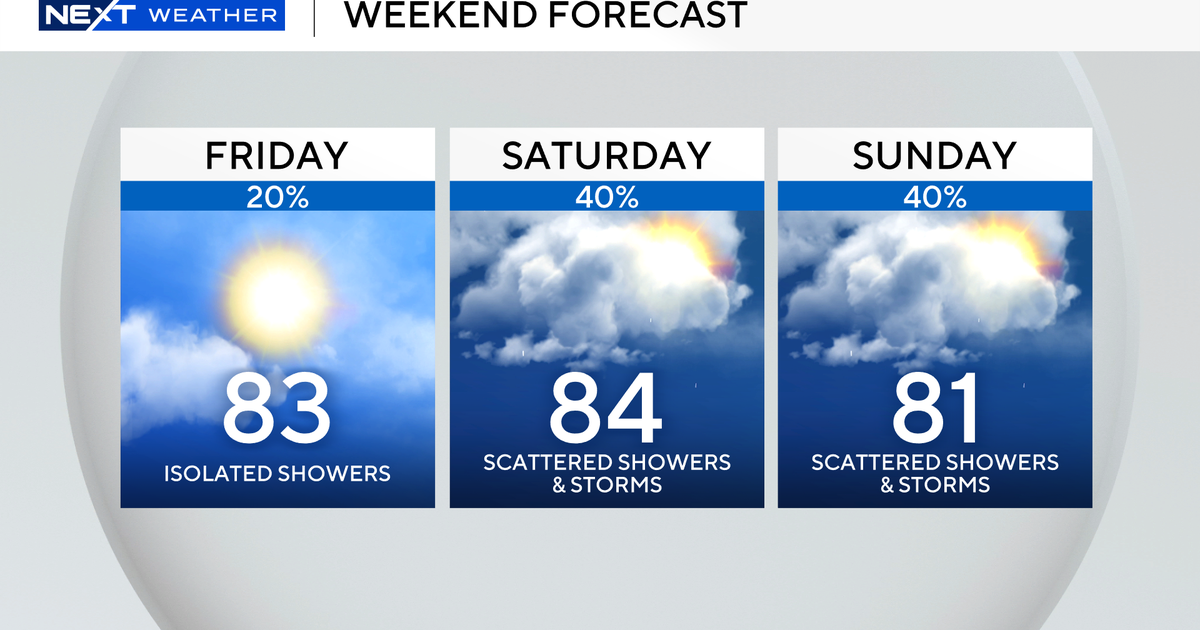A federal judge has rejected a request by Florida corrections officials to dismiss a potential class-action lawsuit alleging the state has violated inmates’ rights because of hot conditions at a prison in Miami-Dade County.
U.S. District Judge Kathleen Williams on Wednesday issued a 30-page ruling that said inmates at Dade Correctional Institution can pursue claims under the U.S. Constitution’s 8th Amendment, the Americans with Disabilities Act and a disabilities-related law known as the Rehabilitation Act. The 8th Amendment bars cruel and unusual punishment.
Harsh conditions at Dade Correctional Institution
Williams’ ruling described a prison with a large number of older inmates that does not have air conditioning or adequate ventilation in dormitories or in the dining area. It also detailed heat indexes that often top 100 degrees in South Florida and said inmates are “regularly and consistently exposed to heat indexes within the NWS (National Weather Service) danger zone during the summer months.”
“Plaintiffs further allege that the issue of excessive heat at Dade CI is exacerbated by insufficient ventilation systems,” Williams wrote. “Plaintiffs allege that the ventilation systems in the dormitories, which were installed decades ago, have not been adequately maintained and are missing critical components, such as fans and motors.”
Lawsuit details and named plaintiffs
Attorneys for three inmates filed the lawsuit in October against the state Department of Corrections, Corrections Secretary Ricky Dixon and Dade Correctional Institution Warden Francisco Acosta. It seeks class-action status, though Williams has not ruled on that issue. The prison has a capacity of 1,521 inmates.
The named plaintiffs are Dwayne Wilson, who was described in the lawsuit as a 66-year-old inmate with hypertension, an enlarged prostate and a burn scar over much of his body that impairs his ability to sweat; Tyrone Harris, a 54-year-old inmate who has conditions such as hypertension and asthma; and Gary Wheeler, a 65-year-old inmate who has chronic obstructive pulmonary disease.
State’s defense and judicial rebuttal
In a December motion to dismiss the case, the state’s attorneys argued, in part, that the 8th Amendment argument “fails because the facts do not give rise to a substantial risk of serious harm to plaintiffs, nor demonstrate that Secretary Dixon or Warden Acosta has been deliberately indifferent to the conditions and risks faced by these (named) plaintiffs in particular.”
“By itself, the lack of air conditioning does not pose a substantial risk of serious harm. The deprivation required to allege an Eighth Amendment claim must be objectively ‘extreme’ enough to deny an inmate ‘the minimal civilized measure of life’s necessities.’ The allegations of the complaint (the lawsuit) have not ‘cleared this high bar.'” the motion said, partially quoting legal precedents.
But Williams wrote that the lawsuit “alleges a wide range of heat related injuries: heat exhaustion, heat cramps, heat stroke, and death. Plaintiffs also extensively detail how excessive heat can exacerbate underlying medical conditions, in a facility where over 50 percent of all prisoners are over the age of 50. Finally, plaintiffs allege that, since 2021, extreme heat has contributed to the deaths of at least four individuals at Dade CI.”
Evidence of known risks
She also said that attorneys for the plaintiffs wrote to Acosta in September 2023 “detailing concerns about the extreme heat, lack of ventilation, and the serious threat of medical harm posted to the inmates based on those conditions. The court finds that the allegations plaintiffs raise about the ongoing excessive heat issues at Dade CI easily support the plausible inference that defendants were subjectively aware of the risks of heat-related harms.”
The Miami-based judge also cited a report published in 2023 by the KPMG consulting firm, which had received a state contract to develop a master plan for the Department of Corrections.
“The report concluded that most FDC (Florida Department of Corrections) dormitories, including those at Dade CI, require retrofitting to comply with current ventilation standards, and that over one-third of FDC facilities were assessed to be in ‘critical’ or ‘poor’ condition,” Williams wrote.



